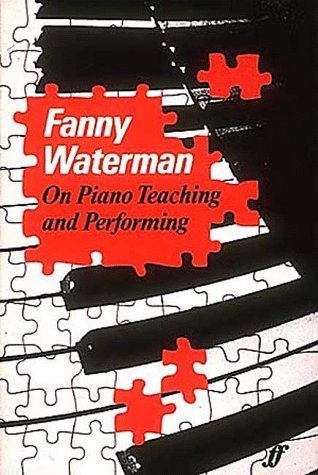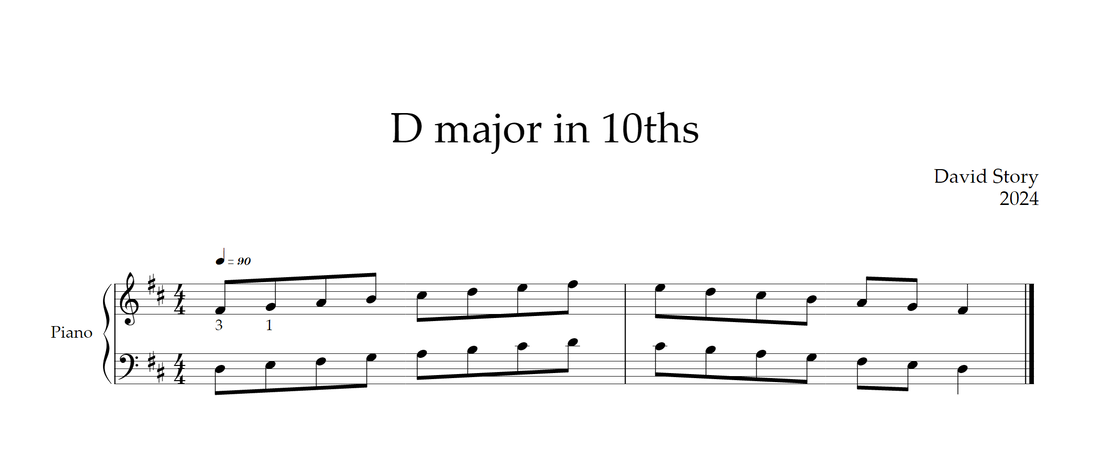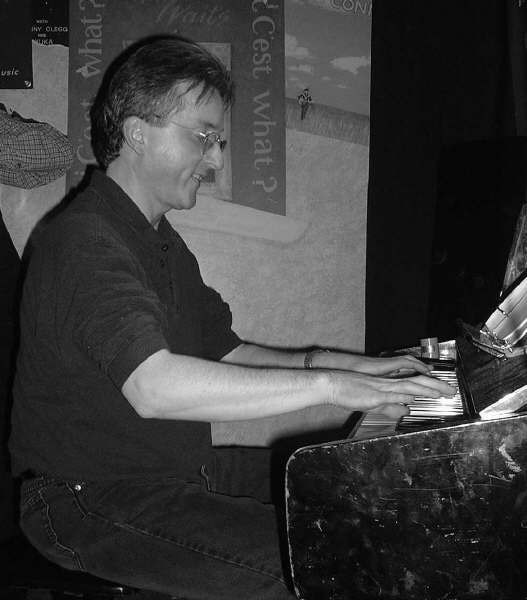|
Fanny Waterman was a legendary piano teacher in the UK who died in 2020 at the age of hundred. She was big on rules in the piano studio. My responses are lettered.
The following ten practice rules are modified from her book. 1. Sit straight with your fingers rounded. 2. Practice each day. a. Ms. Waterman lived in a simpler time. However, without regular practice, progress is difficult. Therefore, it is important that the student’s practice time is aligned with their ambitions and goals. 3. Before practicing new pieces, clap and count aloud the rhythms within. a. Use a metronome to keep your counting honest. 4. Write in the appropriate fingering and then stick to it. Different hands will require different solutions. a. Begin by following the fingering given. 5. Begin a new piece hands separately, then hands together. 6. Play slow enough to eliminate or minimize errors. a. In my own practice I note the tempo that I play without making errors. Each practice I begin at this tempo. Over time the music will speed up with minimal errors. 7. Master the rhythm before adding rubato and other rhythmic variations. 8. Never play through a mistake. Stop and correct it and then correctly repeat it numerous times before proceeding. 9. Pay attention to and fully understand the meaning of all the markings and text in the score. 10. Listen to how you sound. a. Self-assessment is difficult. Recording yourself is your best chance of accurate self-assessment. I have 15 years of drum practice recordings on my hard drive. (No kidding) I also practice in front of a mirror to check my posture. Fanny Waterman pg. 10-11, 1983 Note what is missing. There is no mention of listening to professionals play your pieces before you begin. This is my new rule. Listen and listen often. Know every note by heart. If I can help you, call me. David
0 Comments
I've been playing scales for over 50 years so keeping it fresh can be a challenge. This etude was written for an intermediate student today. Playing scales at the 10th made it all new for her again. Feel free to try this with other scales as well. Keywords: Scales, scales in 10ths
Kind and Wicked Learning Environments in musical study.
The subject of kind and wicked learning environments is a complex subject. This blog deals with just a small application of the insights of researchers. Namely, the use of feedback to make correct decisions. For deeper details, there are links in the Psychology today blog to the research papers and scholarly books. Definition: In a “kind” learning environment we learn from experience. For example, in sports we get immediate feedback because the distance between cause and effect is immediate. Furthermore, with help from the coaches, teammates, and others we progress through the predictable steps to mastery. Musical proficiency is similar. But, in “wicked” learning environments there is, for many reasons, no predictable path to mastery. This blog will only discuss the “kind” learning environment and the role of feedback. Feedback is crucial to learning a musical instrument. The popular late 20c. axiom, “feedback is the breakfast of champions” incapsulates this idea. Creating feedback loops in your practice is key to progressing with fewer setbacks and false starts. While in lessons the teacher provides immediate feedback, at home we are left to our own devices. Here are a few strategies skilled music students use at home.
The links below go to science. Psychology today has a list of scientific papers and links. If I can help you on your journey, call me. David References: Experience: Kind vs. Wicked | Psychology Today How to give and receive feedback effectively - PMC (nih.gov) The six skills of pianists
I don’t believe in talent. In my experience, all the so-called talented people turned out to be the hardest working, patient, and focused people of any cohort. However, they also had access to resources, like time and money to support their journey. Fortunately, there is a consensus around the core curriculum and its proper sequencing in formal piano studies.
If I can help you on your journey, call me. David Revised 2024 |
You've got to learn your instrument. Then, you practice, practice, practice. And then, when you finally get up there on the bandstand, forget all that and just wail. AuthorI'm a professional pianist and music educator in West Toronto Ontario. I'm also a devoted percussionist and drum teacher. Categories
All
|




 RSS Feed
RSS Feed